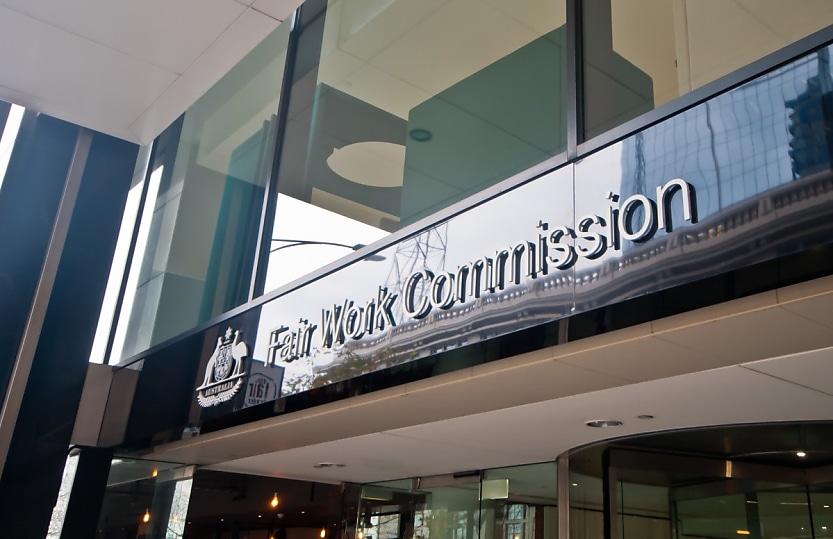FWC hearing over same job, same pay laws commences

BHP is challenging applications by the Mining and Energy Union to increase the wages of mine workers recruited by BHP as labour-hire workers.
The Fair Work Commission commenced a hearing yesterday concerning applications made by the Mining and Energy Union (MEU) to increase the wages of mineworkers at BHP's Queensland coal mines based on the same job, same pay laws.
Same job, same pay laws, which commenced in 2023, aim to close loopholes wherein employers recruit labour-hire workers and pay them significantly less than direct employees, despite performing the same work.
BHP is fighting the MEU’s application to increase the wages of 1,600 labour-hire mineworkers at Peak Downs, Saraji and Goonyella Riverside mines.
The pay of affected workers would be lifted between $10,000 and $40,000 annually, according to the MEU. The change would see labour-hire workers’ salaries align with those of permanent employees.
BHP has formally opposed the application, arguing that workers employed under in-house provider Operations Services are ‘service contractors’ and not labour hires, in a submission to the Fair Work Commission in October 2024.
The hearings beginning this week will be important in determining whether workers employed by BHP’s Operations Services are eligible for same job, same pay entitlements.
“It’s very disappointing to see our biggest, wealthiest mining company BHP fighting tooth and nail to continue using labour hire to suppress wages. But we are committed to continuing the fight to deliver wage justice for labour-hire mineworkers,” Mining and Energy Union general secretary Grahame Kelly said.
“These new laws delivered by Federal Labor have already delivered over $25 million in annual pay rises for coal miners, with hundreds of millions in the pipeline,” Kelly added.
“This is money that wealthy mining companies have clawed out of workers’ pay packets over many years and it should be returned to regional families and communities to assist with cost of living pressures.”
Since their commencement, same job, same pay laws have seen workers in aviation, manufacturing and mining industries get pay raises.
For example, in 2024, 320 labour hire miners at the Batchfire Callide mine in Queensland won up to $20,000 in additional pay per year, while Qantas agreed to transition 2,450 long-haul cabin crew from labour hires into direct employees.
The laws aim to ensure that labour hire cannot be used to undercut enterprise agreements and allow labour-hire workers or their union representatives to submit applications to lift their pay to match permanent employees’ wages.
“There is a legitimate place for labour hire, especially to address surge or seasonal workforce needs,” Minister for Employment and Workplace Relations Murray Watt said in a November press release regarding the laws.
“But the labour hire loophole has been used for far too long to undermine agreed wages.
“These workers are doing the same work, wearing the same uniforms and turning up to the same shifts week after week, yet are paid significantly less than other staff they work alongside.”
About the author

